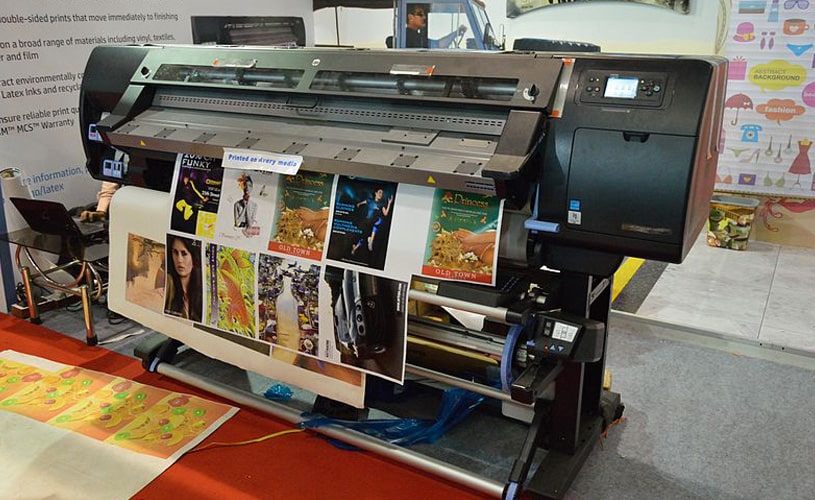
Different types of print media
Fine Art Printing is fairly new to most photographers in India, even some of those who have been shooting for more than a decade or two and have been getting their pictures printed and framed for an equal amount of time.
We get a lot of queries regarding the same and a couple of the most commonly asked questions are about
- different types of print media for Fine Art Prints
- how to get the same colours from the monitor on the print
Let’s talk about the different types of media for now.
There is so much of a choice when it comes to selecting a Fine Art Paper to create those life-long-lasting prints, that most times you get confused as to what to go for. Let’s see the main differentiators between them, and what choosing those papers mean.
1. Pearl/Lustre Paper
- Its a fairly glossy paper
- Shows fine details
- Works well with both glass and lamination
- Most popular surface today
- Most common surface that the regular print labs use
2. Smooth Gloss
- Highly reflective paper
- Best for deeply saturated colors
- Commonly used for commercial work and portfolios
3. Matte
- Non-reflective paper
- Comes in both smooth and textured surface
- Works well under glass and lamination
- Less contrast than gloss
- Shadows are bit lighter
- Ideal for smooth pastel colors and Black&White prints
4. High Gloss and Metallic
- Extremely reflective paper
- Highly saturated
- Vibrant colors
- Not too good for laminates
- Great for display prints
5. Canvas
- Similar to the painter’s canvas
- Similar weave pattern
- Gives a painterly effect
- Can be sprayed or coated with varnish
- Frames well
- Texture hides imperfections in the skin
- Works well for images not requiring the finest details, such as portraits
Going through the broad spectrum of Fine Art Print media, you should now have a basic understanding as to what to look for in the media, when sending your pictures for a print – depending on what you are getting printed.

